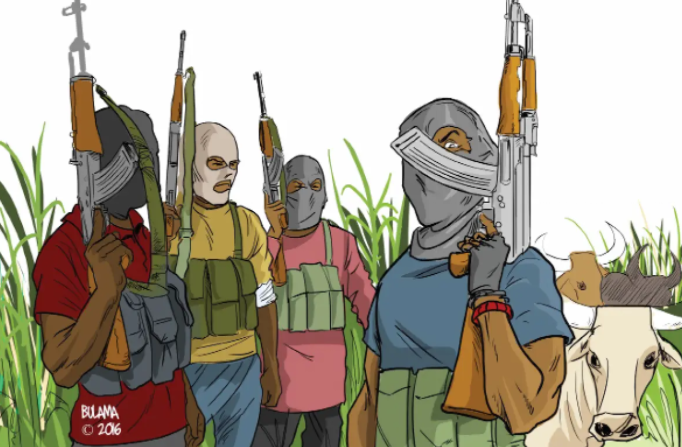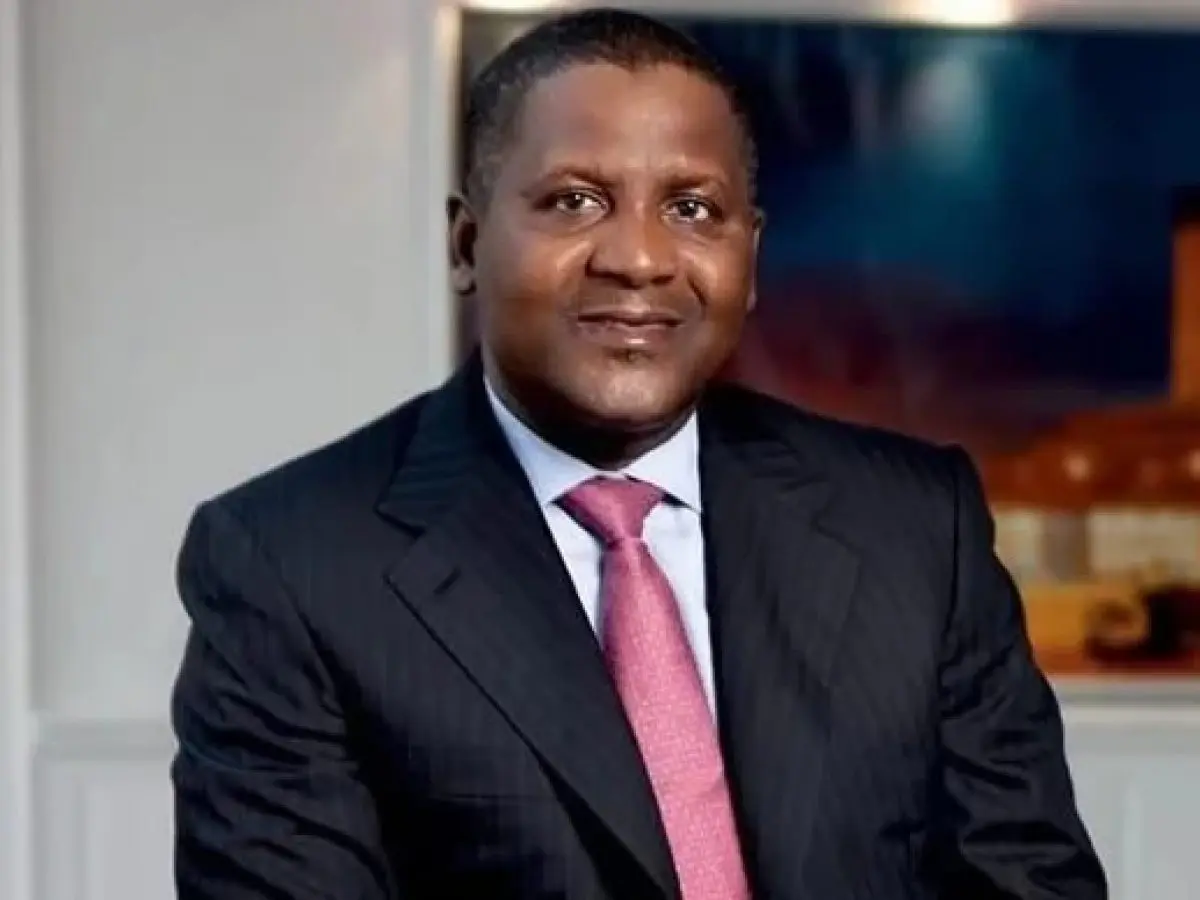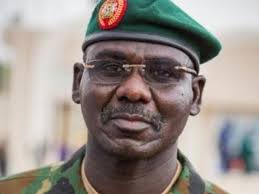Child Terrorism Industry Makes Road To Peace Longer

The word ‘terrorist’ evokes the image of a man who is ruled by a warped religious, political or economic ideology, for which he is prepared to sacrifice everything, including the most precious gift of all – his life. His age bracket could be imagined – between the early 30s and 70s – and, perhaps, a recluse who spends a lot of time reading obscure ideological books and churning out theories and rhetoric that justify his life-threatening way of life. Our image of terrorists or bandits does not match the reality on ground in many parts of Nigeria where they have made life very difficult for the people. For instance, a bandit leader Dankarami who operates in Zurmi – Jibia-Birnin Magaji axis in Zamfara and Katsina states commands a large number of young armed men. They are called ‘Yan Shabakwai’, meaning teenagers. So, while Dankarami hides in safety, the bandits that raid villages, kidnap people, and extort ransom from them are young teenagers who could barely explain the philosophy behind their actions. If they understand the justifications for their actions, it may sound like, ‘government does not care for us, so we have to fight for our survival,’ or that ‘our people have been marginalized over the years; we have to fight back,’ or, perhaps, ‘we have lost our cattle to rustlers, so we must find other means of getting money, etc.’ This way, these teenagers put their lives on the line for the pleasure of lords and masters.
Apart from bandits, the Islamic States for West African Province (ISWAP), whose infamous leader, Sani Shuwaram and other terrorists of the sect were said to have been killed after airstrikes hit Marte axis a few days ago, is recruiting and training young boys as fighters. The Institute of Security Studies (ISS), in a recent report, claimed that ISWAP released a video showing some 200 young boys who graduated from Darul Quran in early February and their instructors claiming that the group had similar training camps in different locations. According to ISS, there are about 50 such camps on the Lake Chad islands, where youths from Cameroon, Chad, and Nigeria are being trained. This kind of training has continued to swell the foot-soldiers available for ISWAP to continue to engage in its havoc in Nigeria and other West African countries. At a time when Boko Haram is fast diminishing, ISWAP is on the rise, being the most prosperous cell of Islamic States at the moment. As at 2018, it was believed that ISWAP had as many as 3,500 active fighters, as against the Islamic States in Libya (500); the Islamic States in Saudi (150); Islamic States in Tunisia (100); Islamic States in Egypt (75) and Islamic States in Algeria (25). From this data, it is very clear that ISWAP and its territory is the hope for IS global agenda, and this must be a source of concern to governments in West Africa and the intelligence community.
The use of child soldiers to carry out terrorist acts is not new to terror groups in Nigeria. In the heyday of the Boko Haram sect, the late Abubakar Shekau conscripted many young boys to fight against the Nigerian State. Many of them were sent to the hot spots of conflict with security forces and they were mowed down like flies. When challenged by other leaders of the sect, Shekau was quoted to have said, it did not matter to him if 100,000 young boys were killed in the conflict. To him, they were worthless, or their worth was for them to die for the cause of Boko Haram. Some of the young terrorists are children born to Boko Haram fighters by their slave wives; or children in captured communities, who are compelled to fight for the group.
Actually, the ways in which children are recruited to fight in conflict range from forced conscription to voluntary enlistment. Research has shown that reasons cited for voluntary enlistment have ranged from hatred of the enemy (revenge), the virtue of being a freedom fighter (martyrdom), to support to the family (economic), and violent death of one or more parents. Some are driven by social exclusion, mistreatment, lack of educational opportunities, and lack of jobs in rural and marginal areas. Some were made to kill family members before joining violent sects; others joined violent groups as a result of stigmatization by the society, because of their anti-social habits, like substance abuse or being involved in criminal acts. Regardless of how they joined terror groups, young fighters are usually more daring and dangerous than older fighters, and as long as they are alive, they become the future of their sect. For instance, Habib Yusuf, the eldest son of Muhammad Yusuf who took the name Abu Musab Al-Barnawi, joined Boko Haram as a fighter when he was a teenager. In 2021, when he was killed, he was still in his 20s, but with his tenacity, Al-Barnawi-led ISWAP into a lot of exploits. Under his leadership, the group made territorial gains in northern Nigeria and the wider Lake Chad Basin. That the sect is active in neighbouring countries, including Burkina Faso, Cameroon, Chad, Niger, and Mali is said to be to his credit.
In Nigeria’s counter-terrorism efforts, emphasis has been on how to eliminate commanders of terrorist groups but the most enduring strategy would be to prevent young children, especially those below the age of 18, from being exposed to terrorist groups for recruitment. It is not clear if there is a strategy for this in the country’s counter-terrorism policy documents. If it is contained in the document, it is time to implement it. First, there is an urgent need to begin to intellectually fight against terrorist ideologies. The Ulamas should deliberately take each of the wrong teachings by terror groups and debunk them, using the scriptures. Such teachings should be broadcast on radio, television, and amplified on social media, strategically targeting young ones. For instance, it is wrong to conscript children to fight Jihad, according to the scriptures. Children must be taught that it is wrong to be lured into Jihad; those who must fight Jihad should be mature and must make their own decision to join the fight. Government must support Ulamas with the necessary resources to conduct research into terrorists’ teachings, and effectively counter them with the truth.
Secondly, it has become imperative for the government to include counter-terrorism teachings in the country’s educational curriculum from the primary school level. Children must be exposed to the dangers of terrorism, through cartoon strips, drama, novella, video games, and radio programmes so that as young as three years of age, they are aware of the features of terrorism, its dangers, and why they must not join terrorist groups. Terrorist organisations emphasize the principle of catch-them-young. Nigeria should deliberately snatch our children from their control, through early education.
From all indications, both the federal government and North East governments have not given serious thought to terrorists’ recruitment of young children into violent activities. It is time for all to come together at a major round-table to discuss this issue and find solutions to it. As long as terrorist organisations continue to recruit young children into their fold, it will take much longer and much more resources to defeat terrorism in Nigeria.
The Insight Report
Nigeria Coverage



